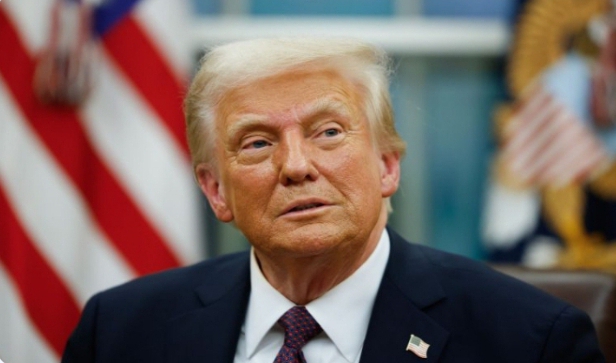The Trump administration is preparing to address immigration and citizenship issues arising from President Trump’s executive order on birthright citizenship.
Currently, President Trump’s executive order restricting birthright citizenship is blocked by courts. However, the US government is preparing to implement the executive order if it is permitted to go into effect.
On January 20, 2025, President Trump issued Executive Order 14160, Protecting the Meaning and Value of American Citizenship.
President Trump’s executive order restricts automatic birthright citizenship, which is guaranteed by the Fourteenth Amendment, to children with at least one parent who is a citizen or lawful permanent resident, excluding those with unlawfully present or temporary US parents.
The Fourteenth Amendment of the U.S. Constitution guarantees citizenship to all children born in the United States, regardless of race, color, or ancestry. The Fourteenth Amendment’s Citizenship Clause states, “all persons born or naturalized in the United States, and subject to the jurisdiction thereof, are citizens of the United States.”
Meanwhile, US Citizenship and Immigration Services is firming up ‘Implementation Plan of Executive Order 14160 – Protecting the Meaning and Value of American Citizenship.’
The USCIS memo reveals that children of asylees and refugees are exempt from the president’s policy, raising concerns about the Trump administration’s response to these non-citizens.
The executive order provides that the following categories of individuals will no longer be considered to be born ‘subject to the jurisdiction’ of the United States and, therefore, will no longer be U.S. citizens at birth:
(1) children whose “mother was unlawfully present in the United States and the father was not a United States citizen or lawful permanent resident at the time of said person’s birth”; and
(2) children whose “mother’s presence in the United States at the time of said person’s birth was lawful but temporary (such as, but not limited to, visiting the United States under the auspices of the Visa Waiver Program or visiting on a student, work, or tourist visa) and the father was not a United States citizen or lawful permanent resident at the time of said person’s birth.”
USCIS has introduced a memorandum to clarify the meaning of “unlawfully present,” the definition of “lawful but temporary presence,” and whether children born to a “lawful but temporary” person would have lawful immigration status.
Children born in the United States to fathers who are not United States citizens, lawful permanent residents, or U.S. nationals and mothers who are in lawful but temporary status do not acquire United States citizenship at birth.
The DHS and USCIS will “propose appropriate action to ensure that birth in the United States to individuals who possess lawful immigration status does not result in any negative immigration consequence for the child,” the plan said.
USCIS intends to broaden this practice to permit the children of foreigners who possess lawful but temporary status to register to acquire any lawful status that at least one parent possesses.
The Department of State has also put out an Implementation Plan on Trump’s Executive Order on Birthright Citizenship.

